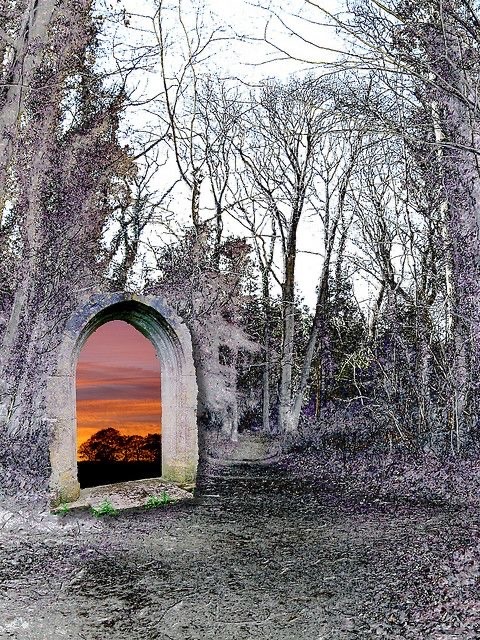We might perceive the world’s beauty
November 26, 2022
Opening up the pores of sensation – or the doors of perception, as Blake called them – we might sense more in the world than can be seen with the literal eye. We might perceive the world’s beauty, its presence as a whole and in parts in relation to us, and our family relationship to it. We might sense a stirring there, a spark – a scintilla, the ancients called it. We might sense, as Meister Eckhart said, an eye looking back at us as we look into the world.
Thomas Moore, The Soul’s Religion: Cultivating a Profoundly Spiritual Way of Life
outside our heads
September 10, 2019

We create the world that we perceive, not because there is no reality outside our heads, but because we select and edit the reality we see to conform to our beliefs about what sort of world we live in. The man who believes that the resources of the world are infinite, for example, or that if something is good for you then the more of it the better, will not be able to see his errors, because he will not look for evidence of them. For a man to change the basic beliefs that determine his perception – his epistemological premises – he must first become aware that reality is not necessarily as he believes it to be. Sometimes the dissonance between reality and false beliefs reaches a point when it becomes impossible to avoid the awareness that the world no longer makes sense. Only then is it possible for the mind to consider radically different ideas and perceptions.
Gregory Bateson
Ecology of Mind
an atonement
January 19, 2019

Geoffrey Hill, the English poet renowned for ‘difficulty,’ said in a well-known essay that he thinks of a poem as an atonement. Actually he said ‘at-one-ment,’ to describe the coming together in the rightest way of the sound and the matter that makes of any real poem something final, something imbued with grace and sacred energy, something understood and rare as the full engagement in life’s acts is always rare.
Dave Smith
Afield with a Man and a Gun
Northwest Review vol. 49, no. 2, June 2011
